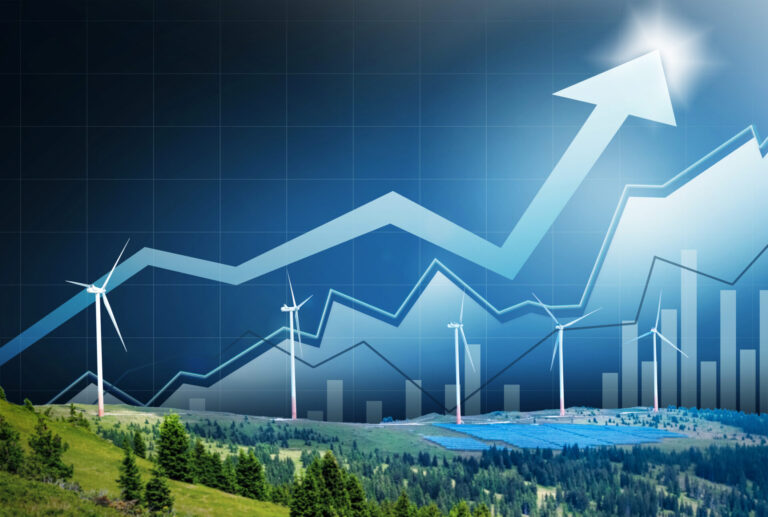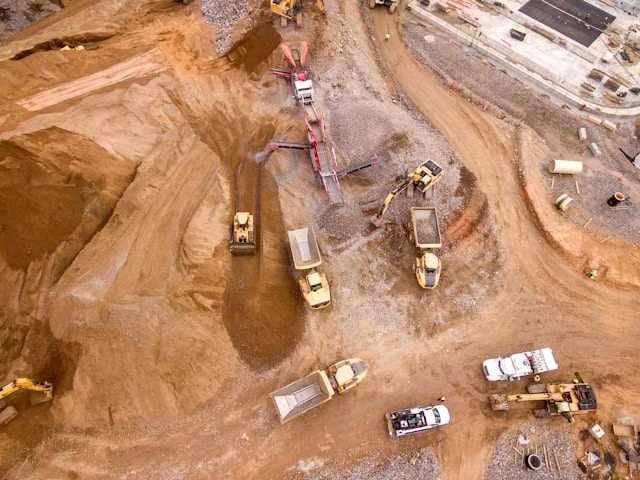Sunday, July 6, 2025
On September 24, 2020, Jeff Yurek, Ontario’s Minister of Environment, Conservation and Parks, addressed the first virtual Environment and Cleantech Business + Policy Forum presented by the Ontario Environment Industry Association (ONEIA).
“The solutions put forth by environment and cleantech companies are helping us address some of the most pressing issues faced by our communities,” said Yurek.
The minister emphasized that one of the greatest needs in the wake of the COVID-19 health and economic crisis is getting infrastructure projects moving quickly. “To this end, our government passed the COVID-19 Economic Recovery Act, which included amendments to the Environmental Assessment Act,” he said.
According to Yurek, the amendments, which are facing criticism and legal action, will modernize the 50-year-old Act and allow the government to ensure that important projects for highways and roads can be planned in an expedited way that is also protective of the environment.
 Ontario Minister of Environment, Conservation and Parks, Jeff Yurek.
Ontario Minister of Environment, Conservation and Parks, Jeff Yurek.
“We are creating a modern regulatory assessment framework that is streamlined and consistent and standardized to replace the classic environmental assessment,” he explained. “These changes will help communities bounce back from the COVID-19 outbreak by giving municipalities and businesses the certainty they need to get key infrastructure built faster, while ensuring strong environmental protection.”
The minister also highlighted some of the latest developments in Ontario’s work to promote clean energy solutions and fight climate change.
“I’m pretty excited about it,” said Yurek. “The ministry is consulting with the clean technology and hydrogen sectors to understand COVID-related destruction and to learn how our government can support the sector to continue to grow and prosper beyond the immediate COVID-19 recovery. I believe these sectors have a big role to play in economic growth and job recovery in our province and across the country for the long-term.”
When it comes to fighting climate change, he said the Ontario government is working to “disperse funds strategically to help facilitate the private sector’s best projects and ideas to drive emissions reductions.”
He said Ontario’s Low-Carbon Innovations Fund is helping support clean technology solutions. The fund supports innovative proof-of-concept, prototype and pilot demonstration projects that will reduce greenhouse gas (GHG) emissions.
He also mentioned the Emissions Performance Standards (EPS) program to hold large emitters accountable for their GHG emissions. The program is designed to help Ontario achieve its share of Canada’s 2030 emissions reduction target, without a carbon tax. “There are no free passes, and no one is off the hook,” he stated.
Prior to the minister’s address, the “Global Green Restart” panel featured a dynamic conversation on the appetite and opportunities available to support a green recovery.
Moderator Jonathan Erling, a managing director of KPMG LLP facilitated the exchange of international perspectives between the following: Bianca Nijhof, managing director of the Netherlands Water Partnership; Todd Moser, president and CEO of Terrapure Environmental in Ontario; and, David Perl, a managing director of San Francisco-based Generate Capital.

Jonathan Erling, managing director of KPMG LLP.
The panelists weighed in on what trends are impacting the environment sector and where the opportunities for cleantech companies are in the short-term and long-term.
Erling started out the conversation by suggesting three trends directly related to the global pandemic: the rethinking of many elements of globalization, particularly in critical areas such as healthcare, pharmaceuticals and food supplies; the rise of telework and away from urban centres and dispersal of people over a wider geographic areas; and, dramatically lower interest rates as governments “turn on the taps” of funding and a surprising resurgence of stock markets in the face of a health and economic crisis.
“You’d like to think that people will start to think more seriously about some long-term risks and the need to address climate change,” said Erling. “COVID has highlighted the fact that we can’t always take the status quo for granted.”
While panelists represented different parts of the world, they had a similar stance when it came to seeing the COVID-19 pandemic as an opportunity rather than a problem.
According to Moser, it’s full steam ahead. Moser, who runs an organization focused on industrial waste management, environmental and recycling services, formerly spent 19 years in the oil and gas industry. He said he is confident that the move toward clean energy will not abate.

Todd Moser, president and CEO of Terrapure Environmental.
“There’s always a silver lining,” he said. “For example, many of the oil refineries can be retrofitted with alternative feedstocks.”
Nijof sees the pandemic is an “accelerator” for the water industry and for water infrastructure everywhere. “I tend to focus on the positive aspects of the pandemic,” said Nijhof, whose involvement in international water organizations provides her with comprehensive insight over the global industry.

Bianca Nijhof, managing director of the Netherlands Water Partnership.
“Trends have been accelerated in innovation for water monitoring from a distance,” she said as she highlighted new trends such as digitization for monitoring water quality and more widespread stewardship initiatives. “COVID has exposed the extent of our dependency on water.”
Nijof also emphasized the cross-sectoral nature of water and how there are impacts with other sectors, including energy, agriculture, health, infrastructure, and finance.
Similarly, Perl sees this as an opportunity for a boost in public-private partnerships for a variety of initiatives. He cited successful P3 projects such as Ontario hospitals and projects like the 407 ETR.

David Perl, a managing director at Generate Capital.
As a renewable energy infrastructure investor, his company has raised more than $1 billion for new projects from private investors focused on infrastructure.
“Given where interest rates are, there’s tonnes of liquidity in the market right now,” he said. “One of the things that Canada could do is try to invite more private investment, for example, for water and transport projects.”
Perl added that Canada should be providing a more favourable tax framework. “We live in an interconnected world where everyone is competing for talent and capital,” said Perl. “We need to have a favourable business environment in a sustainable way, with a healthy environment and a healthy financial environment.”
For further information on ONEIA, click here.











